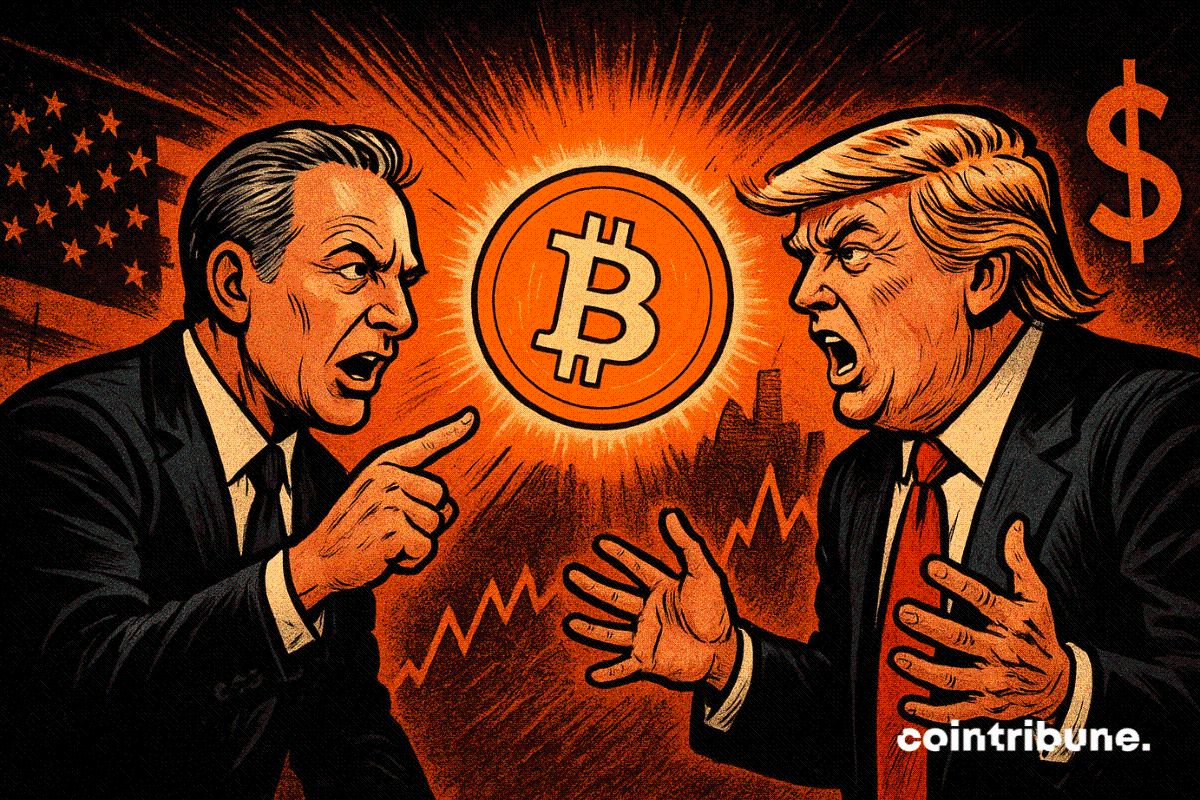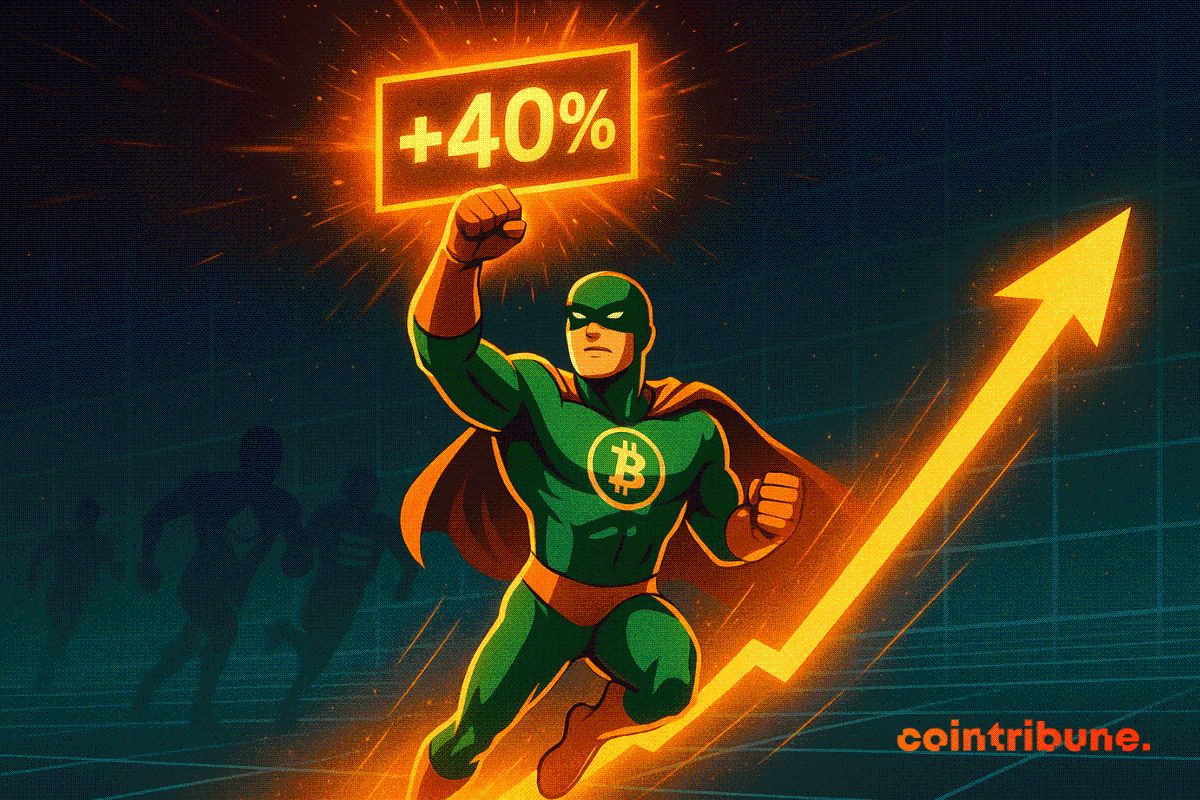The U.S. Securities and Exchange Commission (SEC) has introduced new listing standards through a derivatives-focused framework that could significantly expand access to cryptocurrency ETFs, particularly for altcoins.
Links Crypto ETF Eligibility to Futures Trading
According to the latest filing , the SEC now permits exchange-traded funds (ETFs) for cryptocurrencies that have maintained futures contracts on Coinbase Derivatives or the Chicago Mercantile Exchange (CME) for at least six months.
Sponsored
This opens the door for a dozen or more altcoins to qualify for ETF listings, provided they meet this futures trading requirement.
Notably, the new framework does not impose additional criteria such as market capitalization, liquidity, or token float. Eligibility hinges solely on the existence of qualifying futures contracts, marking a clear shift in how crypto ETFs are evaluated.
Meanwhile, meme coins and smaller tokens without futures markets are excluded under the new SEC framework.
The only way for these tokens to qualify for ETFs is through a different process under the Investment Company Act of 1940, which is more complicated and has stricter rules.
This adjustment effectively outsources key ETF eligibility decisions to the Commodity Futures Trading Commission (CFTC), as the SEC’s framework links approval to futures markets overseen by the CFTC.
Institutional Momentum Builds for Crypto ETFs
This regulatory development comes amid strong momentum in the crypto ETF market. Spot Bitcoin ETFs now manage assets totaling over $151 billion.
Ethereum ETFs are also attracting significant interest, managing more than $21.43 billion or 4.71% of the Ethereum market cap as of today, according to the data from SoSoVaue.
Corporate adoption of cryptocurrencies is also expanding beyond Bitcoin. SharpLink Gaming recently became the largest corporate holder of Ethereum, accumulating approximately 438,000 ETH and surpassing the holdings of the Ethereum Foundation itself.
Why This Matters
The SEC’s new futures-based framework streamlines the path for altcoins to enter the ETF market, which could broaden institutional exposure to a wider range of cryptocurrencies.
Delve into DailyCoin’s trending crypto news:
Pi Coin Unlocks Pile Up, But That’s Good News For Pi’s Price
Hyperliquid Outage Sends HYPE Token Down 5% in 24 Hours
People Also Ask:
A crypto ETF (exchange-traded fund) is a fund that tracks the price of cryptocurrencies, allowing investors to gain exposure without holding the underlying assets.
The SEC sets listing standards and approval processes for crypto ETFs, including evaluating factors like market structure, investor protection, and futures market presence.
Tokens without qualifying futures can only pursue ETF approval through a more complex process governed by the Investment Company Act of 1940.
Institutional demand provides liquidity, legitimacy, and stability to the crypto market, encouraging broader mainstream adoption of cryptocurrencies through ETFs.
By broadening ETF eligibility, the framework could increase institutional investment in altcoins and promote more diversified exposure to the crypto ecosystem.



